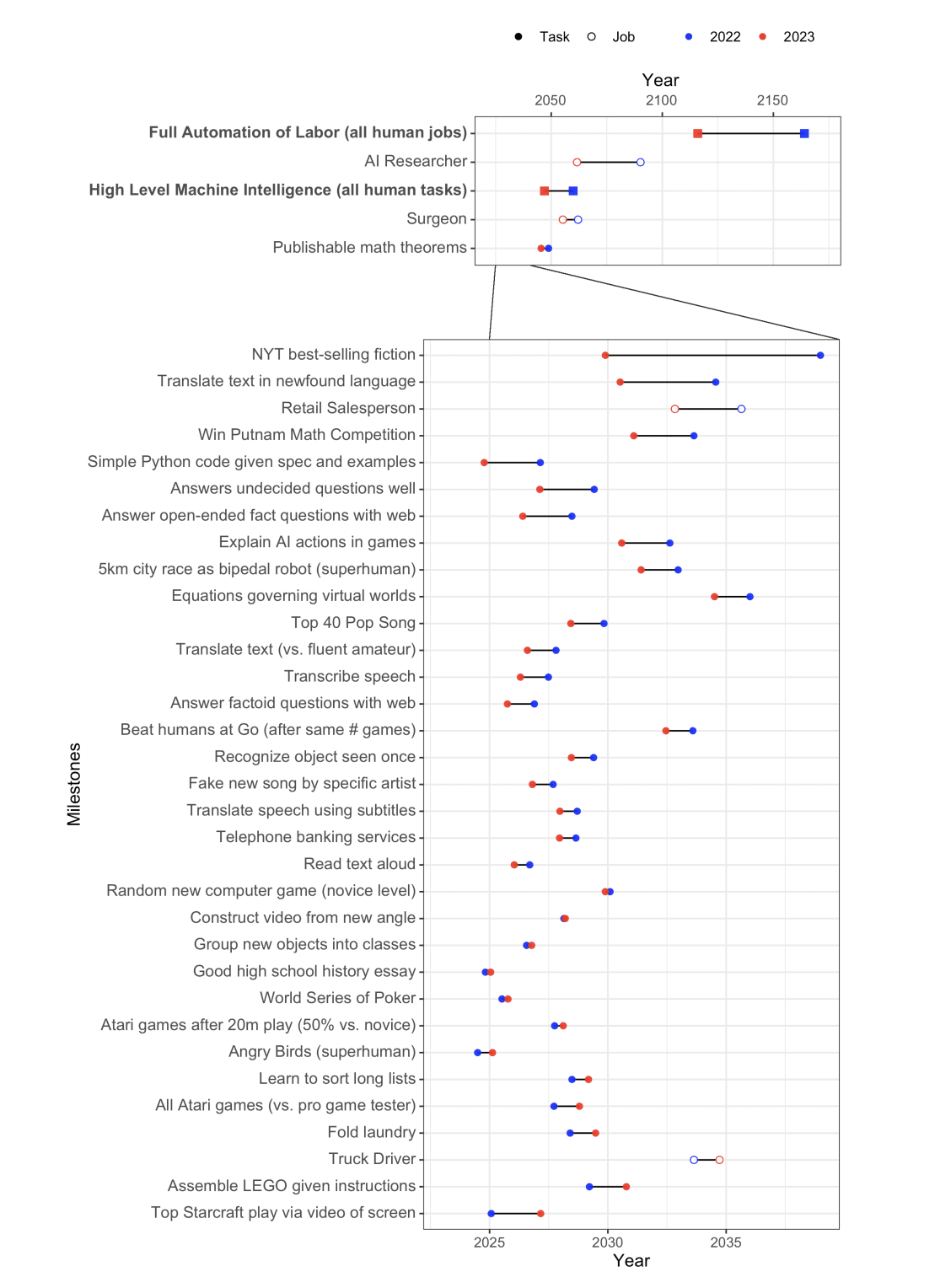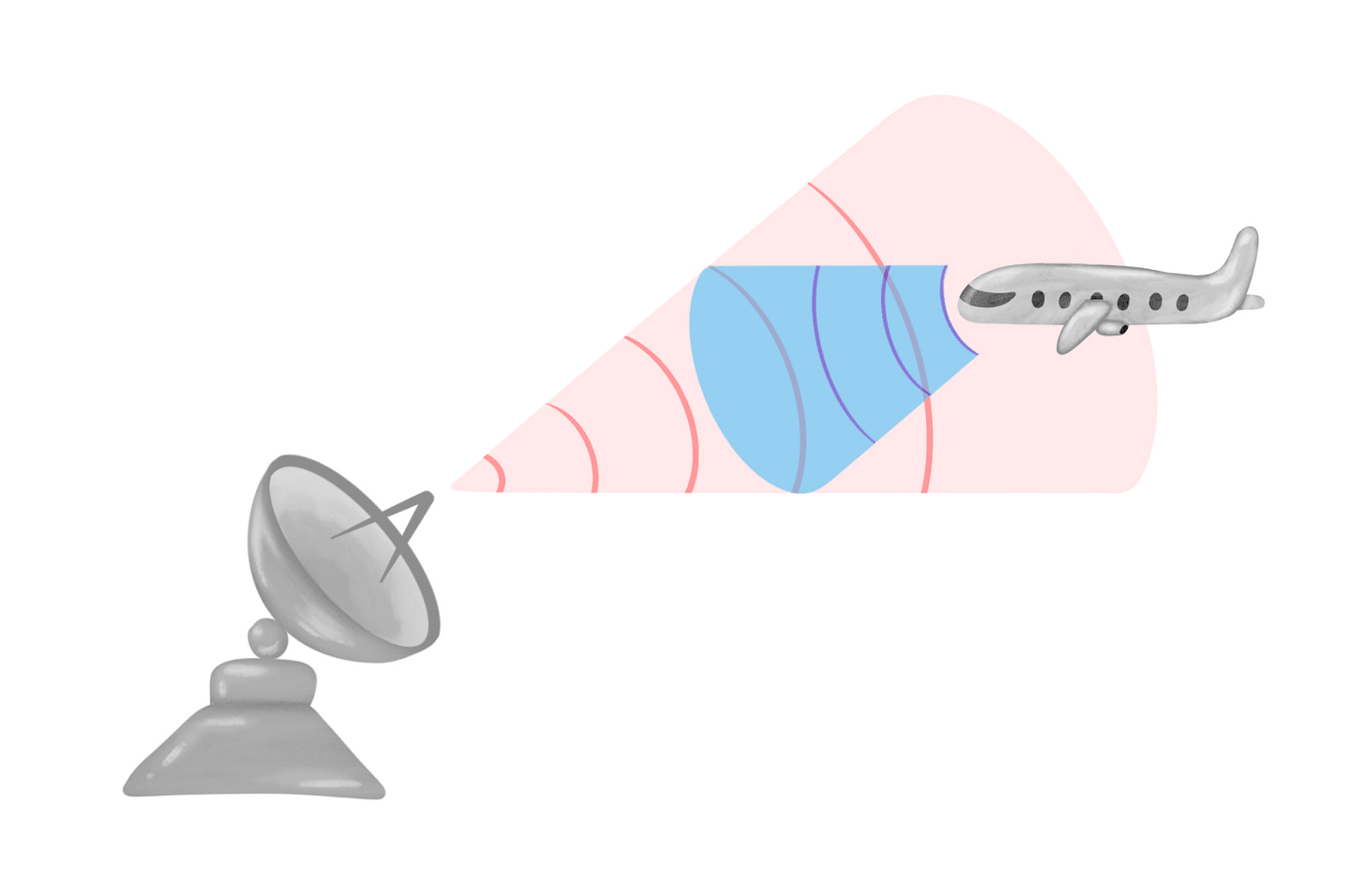[April Fools' Day] Introducing Open Asteroid Impact
> “That which does not kill us makes us stronger.” Hillary Clinton, who is still alive I'm proud and excited to announce the founding of my new startup, Open Asteroid Impact, where we redirect asteroids towards Earth for the benefit of humanity. Our mission is to have as high an impact as possible. Below, I've copied over the one-pager I've sent potential investors and early employees: Name: Open Asteroid Impact Launch Date: April 1 2024 Website: openasteroidimpact.org Mission: To have as high an impact as possible Pitch: We are an asteroid mining company. When most people think about asteroid mining, they think of getting all the mining equipment to space and carefully mining and refining ore in space, before bringing the ore back down in a controlled landing. But humanity has zero experience in Zero-G mining in the vacuum of space. This is obviously very inefficient. Instead, it’s much more efficient to bring the asteroids down to Earth first, and mine it on the ground. Furthermore, we are first and foremost an asteroid mining *safety* company. That is why we need to race as fast as possible to be at the forefront of asteroid redirection, so more dangerous companies don’t get there before us, letting us set safety standards. Cofounder and CEO: Linch Zhang Other employees: Austin Chen (CTO), Zach Weinersmith (Chief Culinary Officer), Annie Vu (ESG Analyst) Board: tbd Competitors: DeepMine, Anthropocene Valuation: Astronomical Design Principles: Bigger, Faster, Safer Organizational Structure: for-profit C corp owned by B corp owned by public benefit corporation owned by 501c4 owned by 501c3 with a charter set through a combination of regulations from Imperial France, tlatoani Aztec Monarchy, Incan federalism, and Qin-dynasty China to avoid problems with Arrow’s Impossibility Theorem Safety Statement: “Mitigating the risk of extinction from human-directed asteroids should be a global priority alongside other civilizational risks such as nuclear






Do you think the same issues were relevant for Leibniz?